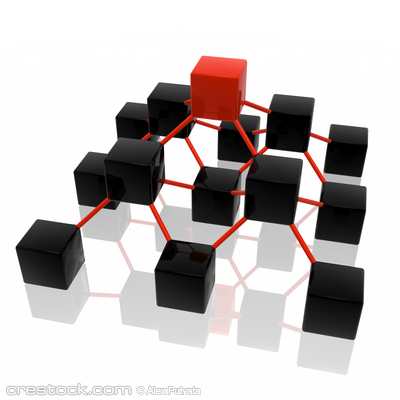I’m not even sure these nutritional “supplements” are non-lethal, much less effective. How do I know that these vitamins, or whatever they are, aren’t going to show up in a drug test later?
I also have to ask:Â What kind of compensation structure is involved that makes this multi-level marketing network marketing of nutritional supplements worth the time and energy you spend on it?
Am I the only coworker you’ve tried to recruit for this? If so, I must apologize for wearing my “sucker” outfit today. All my other clothes were dirty, and I’m behind on my laundry.
On the other hand, if I’m not the only coworker you’ve tried to recruit for this “opportunity”, how much work time are you spending recruiting? Have you tried spending the same amount of time reading a book that might improve your performance? Even if you get nothing out of the book, you’ll no longer be known as the “guy who tries to recruit people for every money making opportunity he finds.” You might accidentally make more money from the lack of negative image drag.
Honestly, if you were intentionally hired to do the job that you’re paid for, chances are fairly good that you’ll get a higher return on your invested time there than if you spend it trying to sell a product that you virtually nothing about.









